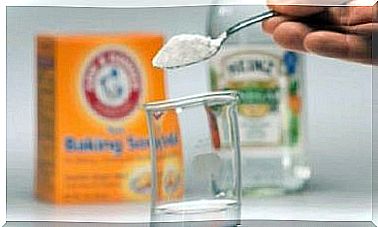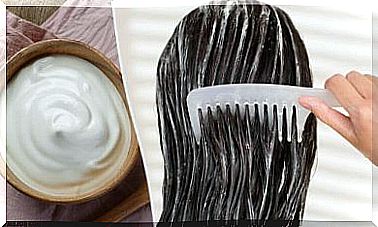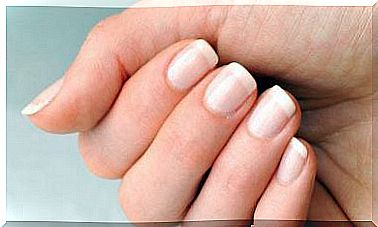Antidepressants And Alcohol: What Are The Effects Of The Combination?
The exact interaction between alcohol and antidepressants is not yet known. Often it depends on the amount of alcohol consumed or the type of antidepressant used.
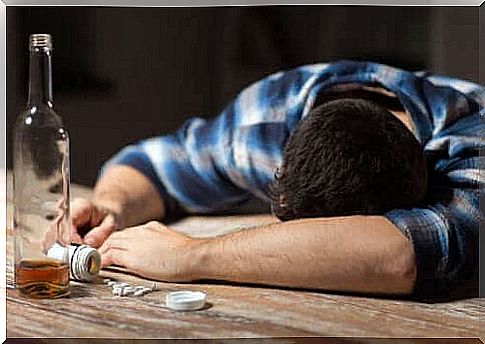
Many people take antidepressants and alcohol together without realizing that the combination can have serious health consequences.
Also, 15% of people with mood disorder are addicted to alcohol, which makes the situation worse.
What are antidepressants?
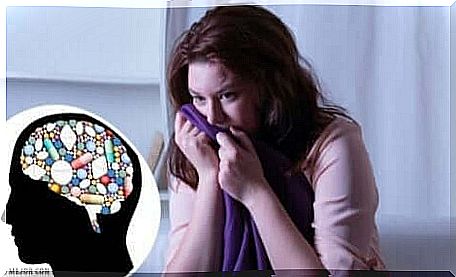
Antidepressants are a well-known treatment option for depression, a disease that affects 15% of the population.
There are substances in the human body called neurotransmitters that are responsible for transmitting signals. One of them – serotonin – regulates mood, and its deficiency leads to depression. However, it is not the only neurotransmitter involved in this disease.
Antidepressants therefore aim to increase the concentration of these neurotransmitters in the body and thus reverse this abnormal mood.
There are several types of antidepressants, such as the following:
- Selective Serotonin Reuptake Inhibitors (SSRIs)
- Serotonin and norepinephrine reuptake inhibitors (SNRIs)
- Atypical antidepressants
- Tricyclic antidepressants
- Monoamine Oxidase Inhibitors (MAOIs)
What are their effects?
Despite their different mechanisms of action, all antidepressants have the same goal. Among the side effects that they can provoke in the body, we can highlight the following:
- Tiredness and drowsiness
- nausea
- insomnia
- Dryness in the mouth
- Blurred vision
- constipation
- Nervousness, restlessness and anxiety
The danger of taking antidepressants and alcohol
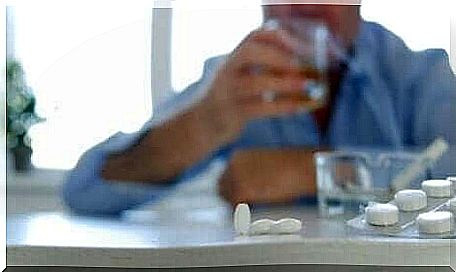
Experts have not yet fully explored the exact interaction between alcohol and antidepressants. Also, it often depends on how much alcohol a person is consuming and what type of antidepressant they are taking.
For example, as mentioned earlier, selective serotonin reuptake inhibitors increase the concentration of serotonin and prevent its reuptake. Alcohol also increases serotonin levels, if only temporarily.
In this way, a person taking antidepressants and alcohol together is at risk of having too much serotonin in the brain and developing serotonin syndrome.
What is Serotonin Syndrome?
As we mentioned earlier, serotonin syndrome is a clinical condition that results from an excess of serotonin. However, the severity depends on the cause and can vary widely.
Patients with this syndrome experience restlessness, agitation, high blood pressure, muscle cramps, and diarrhea. In the most severe cases, even the life of the person concerned can be in danger.
On the other hand, chronic and prolonged consumption of alcohol can lead to low serotonin levels. Why it is like that? Because our body adapts to psychoactive substances through a phenomenon known as habituation.
So when you get used to the consumption of alcohol, depressive symptoms occur because the serotonin that is present decreases. And if the person in question also takes antidepressants, there is a decrease in their effectiveness.
The effects of the combination of antidepressants and alcohol
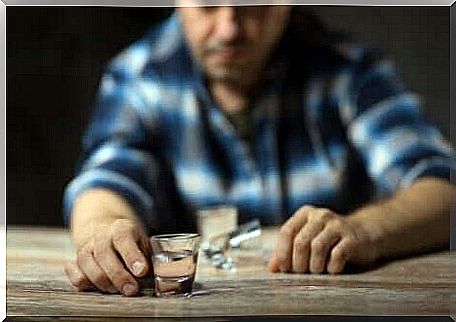
The consequence of combining these substances is worsening the possible side effects of antidepressants. Some examples are:
- Worsening Depressed State: Unfortunately, alcohol consumption can counteract the beneficial effects of antidepressants, leading to greater difficulty in managing symptoms.
- Decreased cognitive activity: As we all know, alcohol affects coordination, thinking and reaction time. When the two substances are combined, the effects of the antidepressants on the central nervous system exacerbate these symptoms.
- Sedative effect: some antidepressants can cause drowsiness, and this effect is characteristic of alcohol. So if you take both substances together, the sedative effect can become more intense. You should be especially careful if you want to drive a car, for example.
- Risk of death: Obviously, this is the most serious consequence the combination of antidepressants and alcohol can have. As we explained above, it can come to this from a severe case of serotonin syndrome.
Conclusion
As you can see, taking antidepressants and alcohol together can have serious consequences. Therefore, it is very important that you discuss your alcohol consumption with your doctor before starting any treatment with this type of medication – especially if you have an alcohol-related problem or illness. Otherwise the consequences could be fatal.


